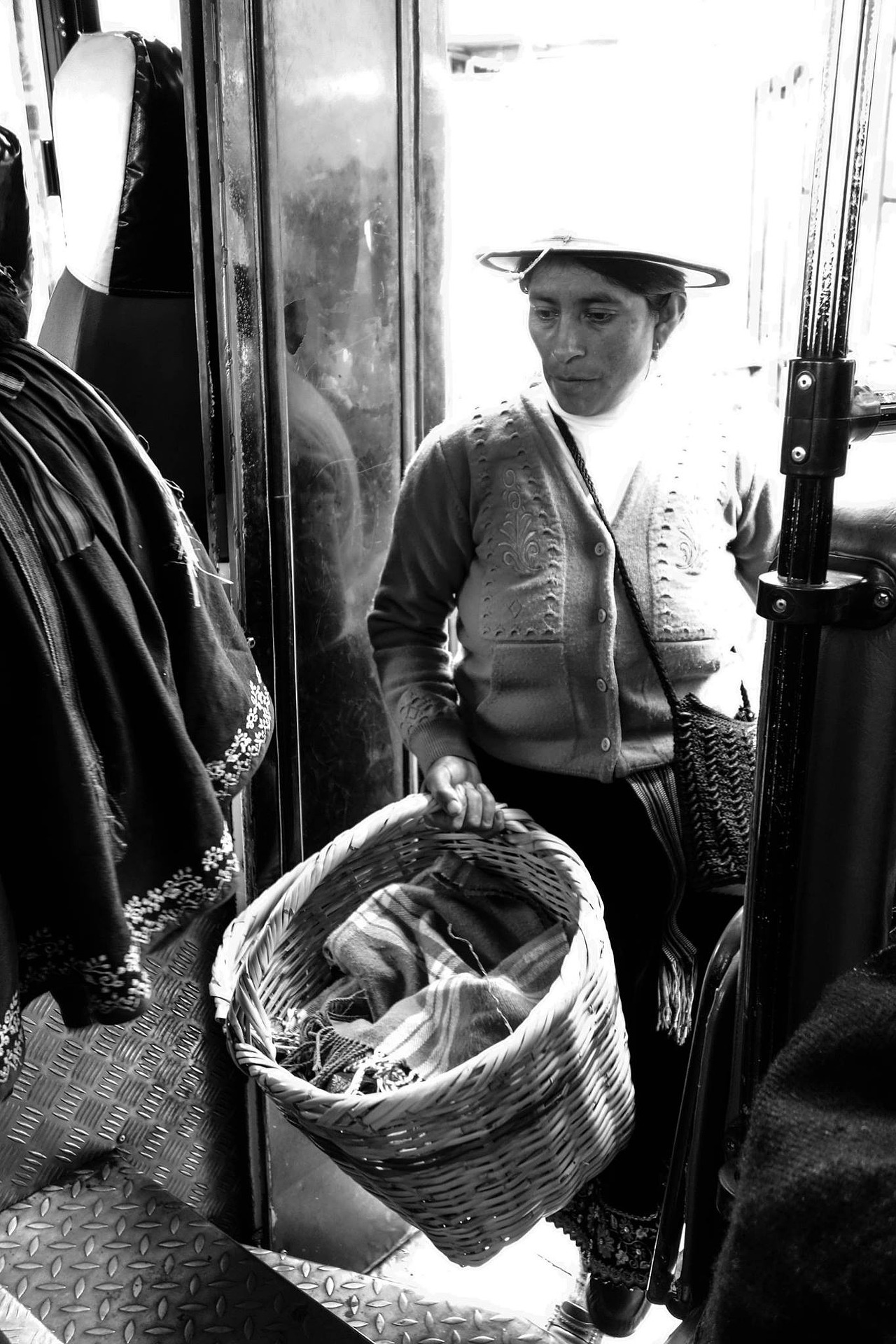The conversion of indigenous peoples in North and South America to Christianity is a complex and multi-layered topic. Over the centuries, many indigenous communities have engaged with Christianity and chosen to convert to the faith. This topic is significant because it has not only influenced the spread of Christianity in North and South America but also changed the culture and identity of indigenous peoples. In this blog post, we will examine the history and present of the conversion of Native Americans to Christianity and discuss how this decision has affected the identity and culture of indigenous peoples.
Conversions in the 16th Century by the Spanish Conquerors
Historically, the conversion of indigenous peoples in North and South America to Christianity is closely linked to colonization by European powers. The Spanish conquerors brought the Catholic faith to South America and forced the indigenous peoples to adopt it. Similarly, indigenous communities in North America faced European settlers in the 16th and 17th centuries. The conversion of Native Americans to Christianity occurred for various reasons, including coercion, adaptation to the new environment, and a search for spiritual fulfillment. Another important reason for conversion was the opportunity to improve relations with the colonial rulers. Many indigenous communities saw Christianity as a way to build a bridge between their own culture and the culture of the colonizers, thereby preserving a certain autonomy. Overall, the historical conversions of indigenous peoples to Christianity are complex and cannot be viewed uniformly. The reasons for conversion were diverse and often shaped by political and cultural factors.

Heil-und Schutzsteinzur Förderung der eigenen Individualitätfördert den Energiefluss im Körperverbessert die Feinmotorik
Conversions in the 16th Century by the Spanish Conquerors
In the 16th century, the Spanish conquerors began spreading the Christian faith in North and South America. Many indigenous peoples were impressed by the technological advances and weapons of the Europeans and therefore also opened up to their religion. The Spaniards used this opportunity to spread the Christian faith and often forced indigenous peoples to convert. However, some indigenous peoples also saw adopting the Christian faith as a way to preserve their own culture and protect it from destruction by the conquerors.
Conversions Today: Indigenous Christians in North and South America
Conversions of indigenous peoples to Christianity are still a topic of interest and discussion today. There are numerous examples of indigenous communities in North and South America that have converted or are converting to Christianity. Some of these conversions were initiated by missionaries or Christian institutions, while others resulted from the personal convictions of individual community members. Often, there is a mix of traditional practices and Christian rites, referred to as syncretism. While some conversions have been successful, there have also been cases of cultural loss and discrimination against indigenous belief systems. The reasons for conversion today are diverse and can range from seeking spiritual fulfillment to practical considerations such as improved access to education and social services.
The Importance of Christianity for Indigenous Peoples
Indigenous peoples often have a deep and diverse connection to religion and spirituality. Their traditional belief systems and practices are closely linked to nature and emphasize the importance of respect and harmony between humans and nature. Many indigenous peoples view their religious beliefs as an integral part of their cultural identity and as a source of strength and resilience in facing the challenges of the modern world. Despite converting to Christianity, many indigenous peoples have preserved their traditional belief systems and merged them with Christian beliefs and practices.
Challenges and Controversies
The conversion of indigenous peoples to Christianity has led to some challenges and controversies throughout history. One of the biggest concerns is the risk of cultural assimilation and the loss of traditional practices and belief systems. Especially during the colonial period, indigenous peoples were often forced to convert, and those who refused were often discriminated against or punished. There are also concerns about the mixing of traditional belief systems with Christian teachings and the possible dilution of indigenous culture. Despite these challenges, there are also positive aspects of conversion, such as the opportunity to integrate new religious practices and customs and the creation of a community of like-minded individuals.
The Importance of Cultural Recognition and Respect
Preserving the cultural identity of indigenous peoples is crucial, as their traditional practices and customs are often strongly linked to their belief systems. While some indigenous peoples have converted to Christianity, many still hold deep respect for their traditional beliefs and practices. The challenge is to find a balance between preserving cultural identity and the freedom to adopt a religion of their choice. Some indigenous communities have found ways to integrate both by including elements from both belief systems in their ceremonies and practices. However, it remains an important task to respect and preserve the cultural identity and heritage of indigenous peoples.
How Missionary Work Took Place Among Indigenous Peoples in North and South America
As we have seen, the conversion of indigenous peoples in North and South America to Christianity has a long and complex history. Historically, conversion was often driven by coercion or manipulation by colonial powers and missionaries. Today, the reasons for conversion are much more diverse and can range from personal conviction to social and economic benefits.
It is important to emphasize, however, that preserving the cultural identity and traditional practices of indigenous peoples is crucial, while also respecting the freedom to adopt a religion of their choice. Cultural assimilation and loss should be avoided, and instead, bridges between different belief systems and practices should be built to enable respectful and tolerant interaction.
The conversion of indigenous peoples to Christianity remains a complex topic, but through respect and preservation of cultural identity, tensions can be reduced, and a more harmonious coexistence can be achieved.

